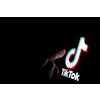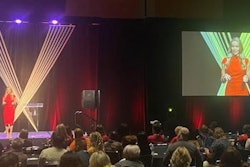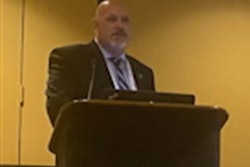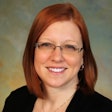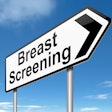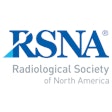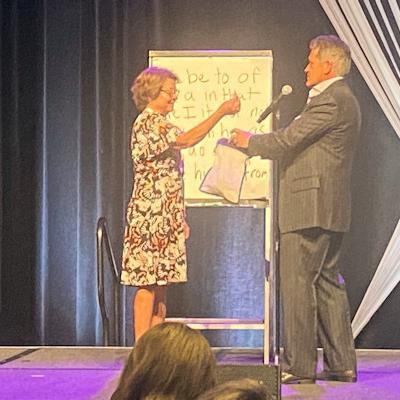
INDIANAPOLIS - Radiology managers may feel trapped when it comes to addressing healthcare challenges, but to mentalist Craig Karges, it's an opportunity for them to think differently and apply their mental fortitude to clinical workflows.
Karges, who gave the opening keynote presentation June 10 at the AHRA annual meeting, performed several demonstrations showing the power of memory and what they mean for better healthcare management.
"I really want to challenge you with the fact that nothing is truly impossible," said Karges, an award-winning entertainer and corporate speaker. "Inside your brain lies 10 times the amount (of power) of AT&T's entire communication networking system. The brain is an amazing thing, but we oftentimes take it for granted."
Karges has performed over 5,000 shows in 27 different countries, as well as all 50 states in the U.S., specializing in phycological intuition for entertainment. He also previously appeared on The Tonight Show as well as CNN, Fox News Channel, CNBC, and E! Entertainment Television among others.
In his AHRA talk, Karges invited volunteers from the audience for his demonstrations, including past AHRA presidents. In one demonstration, he had audience members tear pieces of different USA Today papers and had one join him on stage to point out a random word, his point being that one-third of what people read consists of the 15 most common words in the English language. When the volunteer's word (merger) did not match any of those words, Karges tore off a page from his easel to reveal what he called the "26th most common" word, "merger."
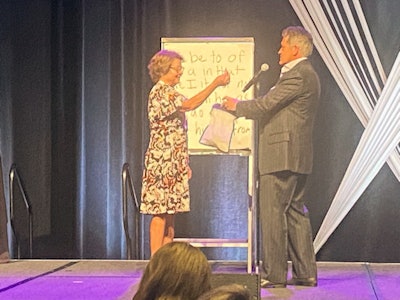 Mentalist Craig Karges has a volunteer pick a random piece of newspaper out of a bag for one of his demonstrations at the 2023 AHRA annual meeting. Through intuition, he correctly guessed the word that the volunteer pointed to on the piece of paper.
Mentalist Craig Karges has a volunteer pick a random piece of newspaper out of a bag for one of his demonstrations at the 2023 AHRA annual meeting. Through intuition, he correctly guessed the word that the volunteer pointed to on the piece of paper.In another demonstration, Karges had audience members say the names of 16 common objects to be written on his easel board. From there, without looking at the board, he successfully memorized the words and their placements on the list, using link-based memory to tie words together. He performed a similar exercise for audience members to learn peg-based memory, creating word associations with each object said.
"You give me a list of things, and I create pictures in my mind to link those words together," he said. "It's about focus."
In another trust-based demonstration, Karges had a volunteer join him onstage to put a $100 bill into an envelope. A $1 bill and a check Karges wrote out were placed in separate envelopes. The volunteer shuffled around the envelopes without Karges looking and selected one to keep. Karges took the other two envelopes and put them through a paper shredder. When he instructed the volunteer to open the envelope she kept, she revealed the original $100 bill. Karges gave the volunteer another $100, which she donated to the AHRA's education foundation.
Karges ended his talk by discussing the potential that managers have with their brains. He said that in the face of healthcare challenges, radiology managers should think differently to be the most successful.
"Is it possible to take a thought to send it from one person to another without saying anything or doing anything physically? Is it possible to create your future here by taking full advantage of the networking and education opportunities here?" he said. "The next time you're faced with those questions, think about what capabilities must be in your mind. Technology is wonderful, but the most impressive computer is on you now, in your mind. It's limited only by your imagination."



